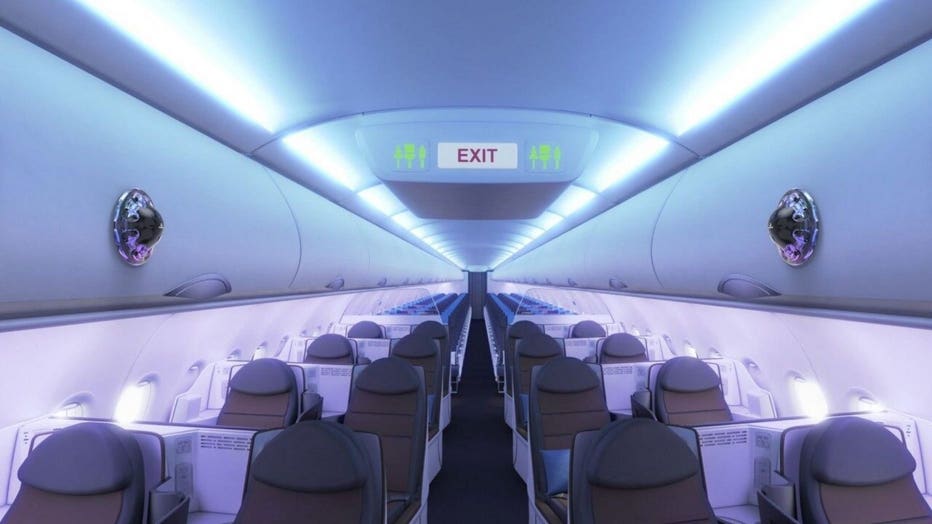Airbus eyeing ‘smell sensors’ capable of detecting coronavirus on planes
Sensors being developed by Airbus and a California-based startup might be able to sniff out COVID-19 in an effort to help prevent its spread.
Airbus is turning to California-based Koniku because of its know-how in building microprocessors made of biological cells. The two companies have already been working on biotechnology that detects, tracks, and locates chemicals or explosives on aircraft or in airports.
Due to the COVID-19 pandemic, the technology is now being adapted to include the identification of biological hazards.

“Most infections and diseases cause slight changes to the composition of our breath and sweat, which then produce distinct odors,” Osh. Agabi, Founder & CEO Koniku, wrote in a blog post about the collaboration with Airbus.
The sensor's receptors would trigger an alarm when “smelling” molecular compounds they have been programmed to detect, Airbus said in a statement.
“If we can detect those odors, we can detect the presence of those infections,” Agabi wrote, adding that the approach has already been used successfully with cancer-smelling dogs and detecting influenza A in breath.
“However, training dogs to sniff out the specific, subtle smell indicating any given disease is time consuming, unreliable and expensive,” he added.
Instead, Koniku would program the DNA of the cells that make up these receptors to react to the compounds in infected people’s breath or sweat, allowing them to screen for COVID-19 and determine whether a person is infected.
The solution is contactless, Agabi said.
“Airports, when they eventually open back up to commercial flying, will need to implement new processes and security measures to screen passengers for the virus. This is why we are extending our partnership with Airbus,” Agabi explained.
Airbus is planning to install the sensors, which mimic bomb-sniffing dogs, at airports or on aircraft, according to the Financial Times.
As of Thursday afternoon, more than 3.78 million coronavirus cases have been diagnosed worldwide, more than 1.23 million of which are in the U.S., the most impacted country on the planet.
Click here for updates from FoxNews.com.

